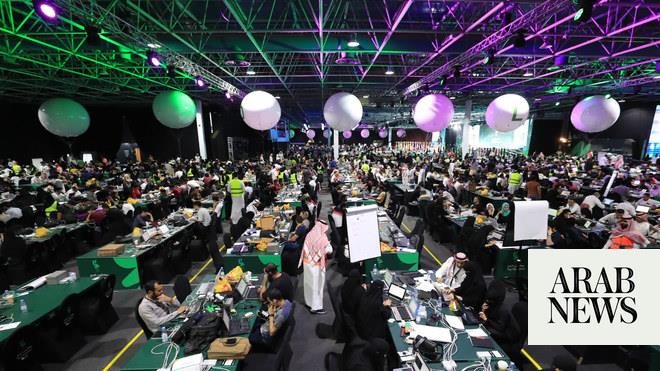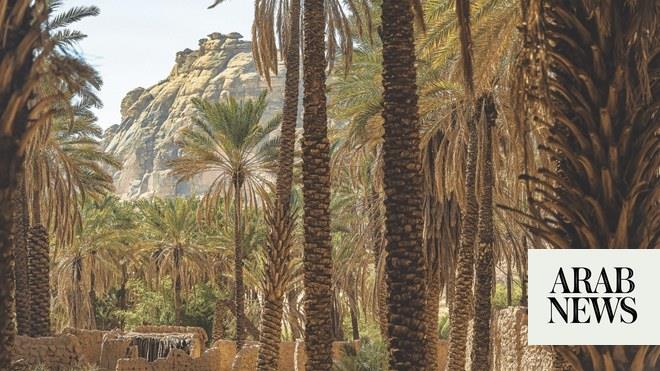
As Saudi Arabia undertakes its ambitious program of economic reforms, we know that it is important not just to implement the reforms, but also to monitor the difference that they are making. We approach this in a number of ways, from high-level key performance indicators to sending “mystery shoppers” to test how well reforms are working in practice. One of the key measures we look to is how Saudi Arabia is ranked in independent reports looking at how global competitive economies are and how easy it is to do business. The reports are important because they tell us how international experts see things and what impact they believe our reforms are having.
I am very pleased to say that we are making considerable progress in this area.
For example, the World Competitiveness Report, which is published by IMD, one of the world’s leading business schools, is the latest example of independent analysis reflecting the progress that Saudi Arabia is making. The report ranked Saudi Arabia as the world’s 26th most competitive economy and the 7th most competitive G20 nation. This is positive in itself, but even more important was the fact that we were the country with the largest improvement — rising 13 places in the rankings from last year. The report noted that Saudi Arabia “registered the highest global ranking for investment in education and fared well in public and business finance.”
Importantly, this is not an isolated report, but part of a wider trend. The World Bank ranked Saudi Arabia as the 4th largest reformer within the G20 and noted it had improved in four separate pillars in its latest Doing Business report.
Likewise, the World Economic Forum ranked Saudi Arabia among the top 40 economies worldwide in its Global Competitiveness Report, including being ranked in the top five for “quality of road network,” “shareholder governance,” “future orientation of government” and joint first globally for “macroeconomic stability,” “debt dynamics” and “inflation.”
There are many reasons that our performance in these rankings has improved, but I’d like to highlight three particularly important initiatives here.
The number of licensing requirements in Saudi Arabia has been reduced by more than half and more than 60 percent of over 5,500 licenses selected for reform have been eliminated entirely or amended.
Ibrahim Al-Omar
Firstly, reforms to business licensing. The National Licensing and Reform Program, which was established by Tayseer, a cross-government entity that helps to drive economic reform, has delivered real results.
The number of licensing requirements in Saudi Arabia has been reduced by more than half and more than 60 percent of over 5,500 licenses selected for reform have been eliminated entirely or amended. Secondly, we have opened the economy to foreign investors. In the past year or so, we have enabled 100 percent foreign ownership across large parts of the economy — including sectors such as courier services, education, health care and life sciences. To give you a sense of the impact of this on investors, 70 percent of the new international investment licenses issued in Q1 2019 were for entities with 100 percent foreign ownership.
Thirdly, we have introduced entrepreneur licenses. We launched the Entrepreneur License in late 2017, allowing international entrepreneurs to launch a fully foreign-owned start-up in Saudi Arabia. We have issued more than 100 licenses already and the momentum is increasing as people learn more about the opportunity — we issued more than 45 in the first three months of this year alone.
These reforms — and a range of others — are beginning to have an impact not only on our rankings, but also on investment. The number of new foreign business licenses issued by SAGIA in Q1 2019 was 70 percent higher than the same period last year and the level of FDI in 2018 was 127 percent higher than in 2017.
We are not complacent — the scale of our ambitions means that we see this as a first step, not a goal in itself.
We are continuing to implement further reforms and open new opportunities to domestic and international investors — and I look forward to hearing more from businesses across the world about how we can help them to invest and grow in Saudi Arabia.
Ibrahim Al-Omar is the governor of the Saudi Arabian General Investment Authority (SAGIA).












